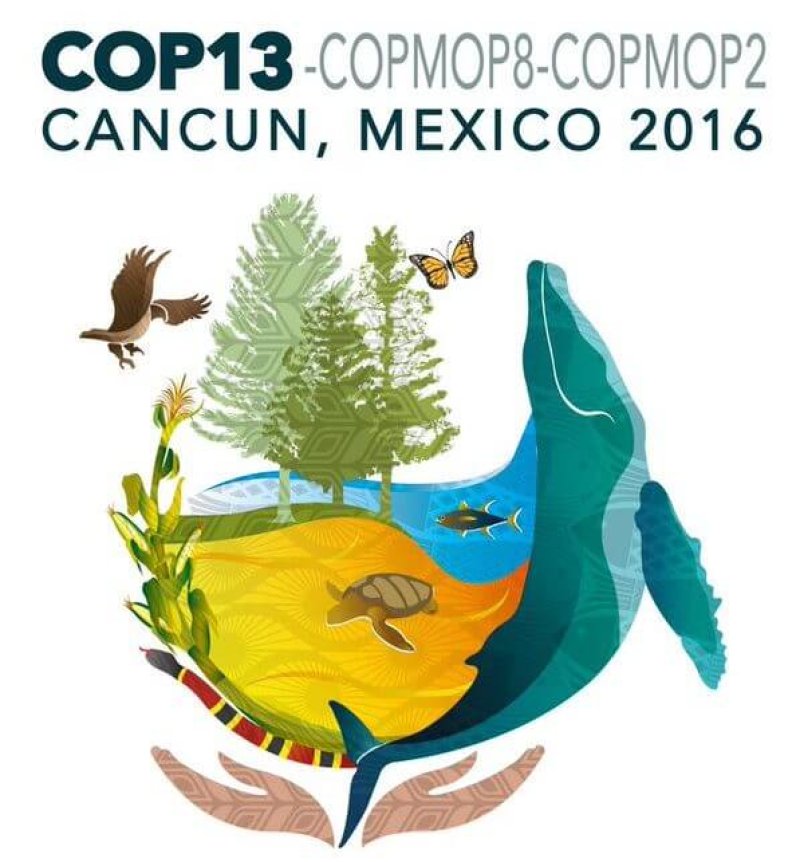The UN Biodiversity Conference is taking place in Cancun through December 17.
Activist groups and … international NGOs can have a significant influence on the outcome of UN environmental negotiations….
. . . .
[T]he anti-capitalist “Third World Network” produces a “Biosafety Information Service” typically focusing exclusively on the risks of GMOs, and ignoring any benefits. One side event hosted by the anti-GMO network ENSSER (which insists there is no scientific consensus on GMO safety, despite all accumulated statements from major scientific bodies that GMOs are not riskier than conventional methods of genetic modification) will criticize the Bill & Melinda Gates Foundation as an agent of “philanthrocapitalism” and oppose the distribution of drought-tolerant seeds to poorer farmers under projects like the Water Efficient Maize for Africa initiative.…
Anti-science groups are aiming to include a highly restrictive definition of “synthetic biology” in the meeting’s outcome text in order to subject new and more targeted gene editing technologies such as CRISPR to the same kind of non science-based regulatory regime as has seriously held back conventional genetic engineering in agriculture.
Particularly in the firing line is the emerging issue of gene drives, which anti-GMO activists have characterised as “extinction technologies” and demanded be banned. One anti-technology NGO called the ETC Group has published a statement claiming “gene drives pose wide ecological and societal threats and should be placed under a moratorium.”
The GLP aggregated and excerpted this blog/article to reflect the diversity of news, opinion and analysis. Read full, original post: Public sector researchers defend science at UN biodiversity meeting in Cancun































